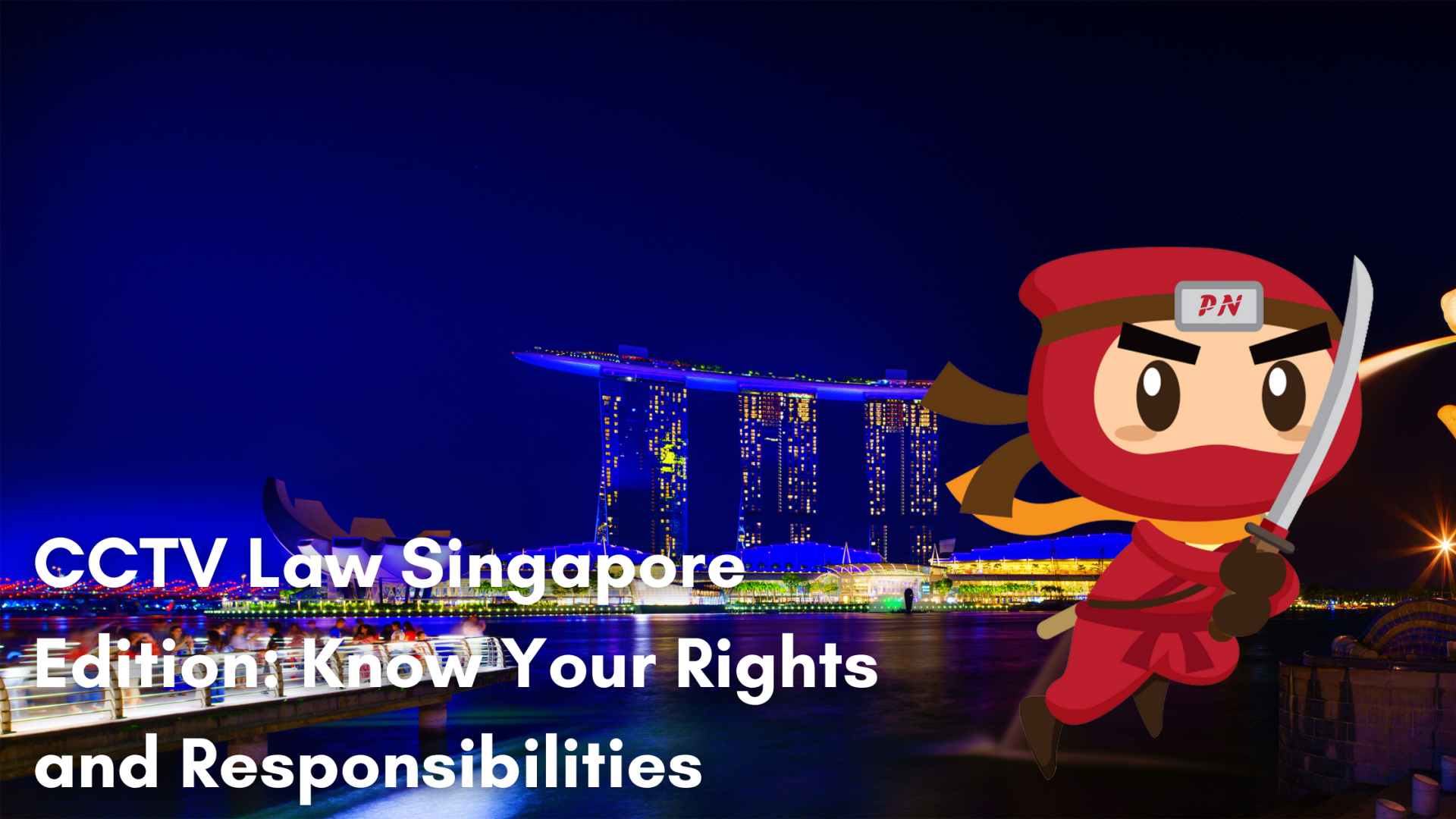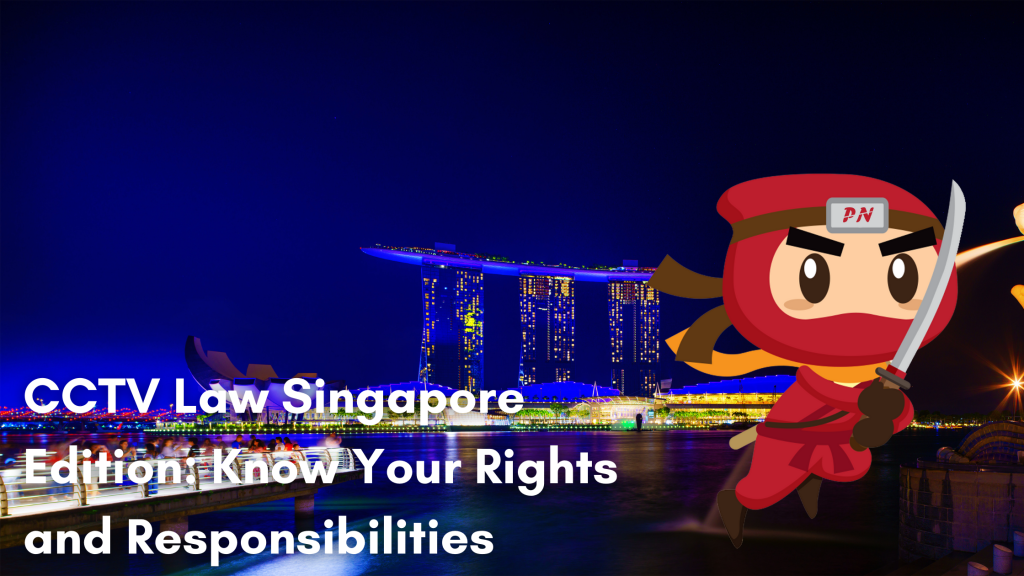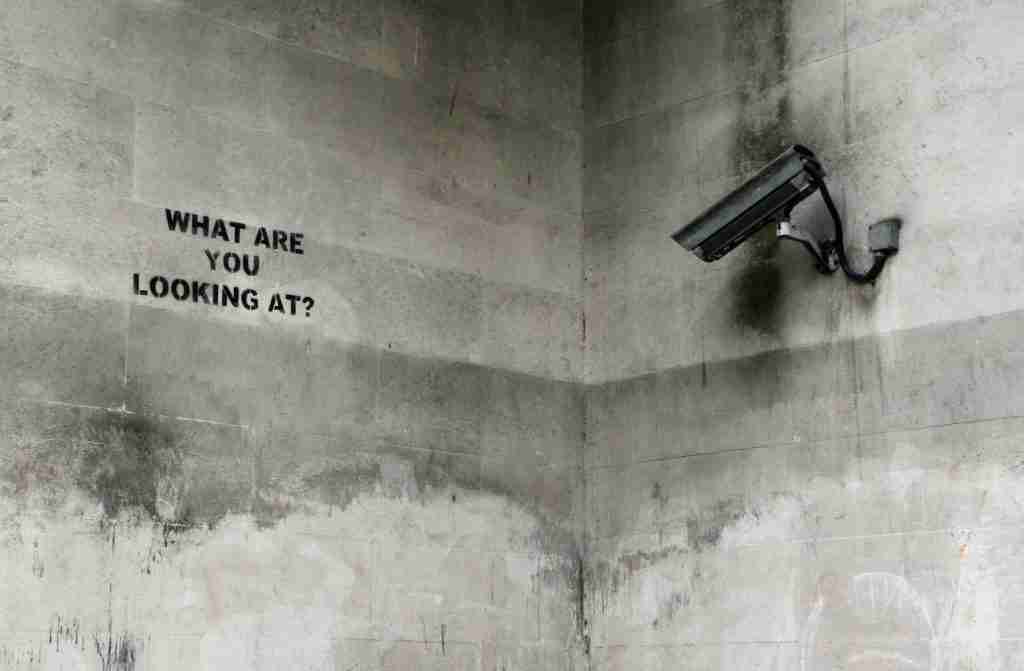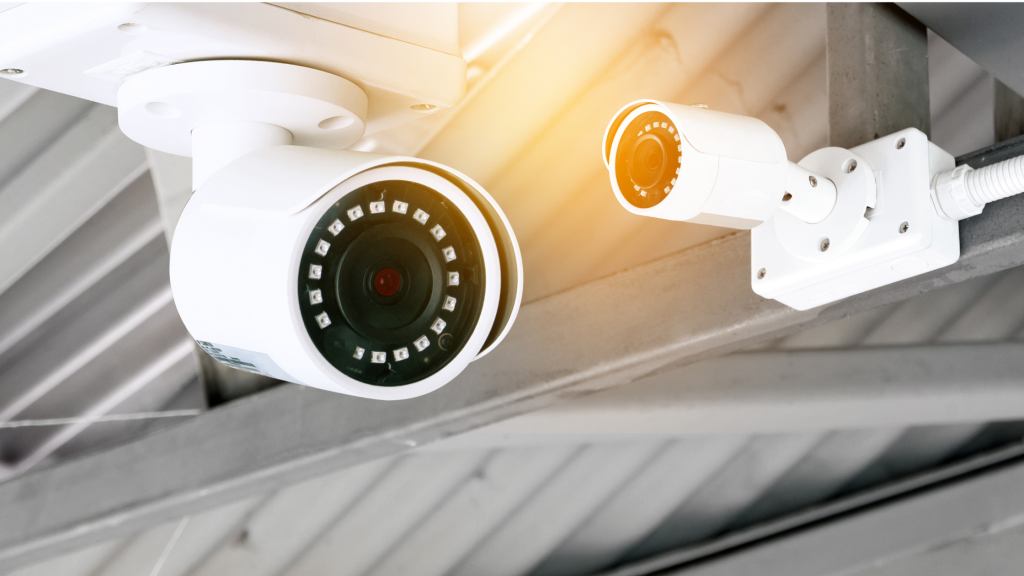KEEP IN TOUCH
Subscribe to our mailing list to get free tips on Data Protection and Cybersecurity updates weekly!







Say you live in one of those HDB flats. Let’s paint two scenarios for you: in the first one, you install a CCTV camera outside your flat because you feel more secure that way. In the second, you are next-door neighbors with that man who installed a CCTV camera outside their flat.
How would you feel in both scenarios? Sentiments would differ, for sure, good intentions notwithstanding. Added to these examples are organizations and commercial establishments that may want to install CCTV cameras within their premises for the purposes of security.
Welcome to the age of digital eyes, wherein context can be a boon and bane to residents and organizations alike. Undoubtedly, the benefits of these silent digital watchers cannot be discounted.
How many times have we prevented serious crimes or caught violators thanks to these cameras placed strategically all over the place?
This is why even if CCTV laws in Singapore are not set in stone, there are specific guidelines put in place to address varying cases.
Also Read: The Scope of Singapore Privacy: How We Use It In A Right Way
Depending on where you live in Singapore, the implications of installing CCTV cameras may vary. It is important to take note of when to take a legal permit for the installation.

A permit is not required if you are installing CCTV within your business premises to monitor your employees. However, make sure to inform them about these CCTVs and their intended purpose. You are in direct violation of the law if you fail to do the latter.
If the CCTV installed is outside your premises, and the camera is facing another person’s property or a public place, you are also required to secure permission from the authorities. Failure to do so will make you a violator of privacy rights.
Even if you own the premises of a home, building, or property where you plan to install a CCTV camera, there are still certain areas where you should never think of installing one. If you do end up installing in any of these prohibited areas, you are most likely going to face serious legal issues.
Also, bear in mind that capturing audio or voice recording in your CCTV is illegal if it has been activated without permission. Data privacy laws state that it is illegal to record conversations without consent from the involved parties.
Also Read: How To Make A PDPC Complaint: With Its Importance And Impact

Generally, an organization is required to provide access rights to its CCTV footage under certain circumstances and while within the bounds of data privacy. The Personal Data Protection Commission (PDPC) Singapore published a detailed advisory to discuss these different cases.
The bottom line, the best practice is to consult this advisory to understand where your case falls in the picture. For organization owners especially, it also helps that you keep yourself updated with the latest governing rules and principles, so you don’t end up on the bad side of the law. Yes, even if you have all the best intentions in the world for installing a CCTV camera.